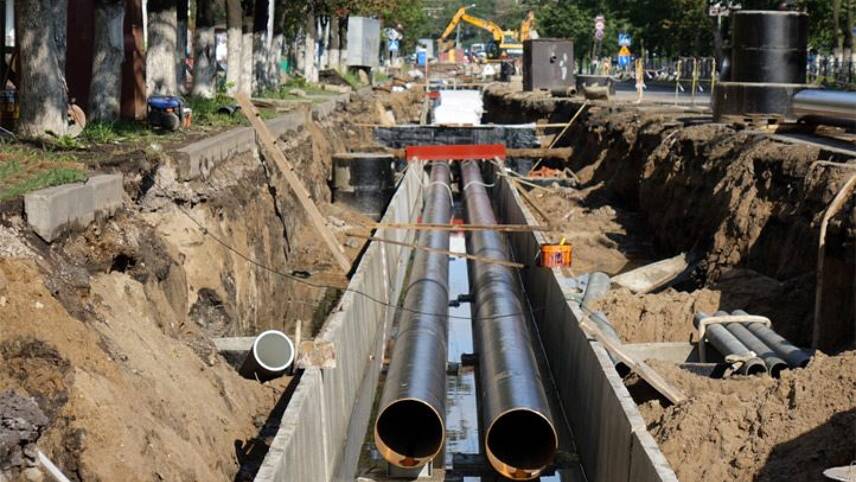Register for free and continue reading
Join our growing army of changemakers and get unlimited access to our premium content

Heat pumps
Launched in recognition of the fact that heating and hot water for homes account for almost two-fifths of the UK’s annual energy consumption and one-fifth of greenhouse gas (GHG) emissions, the Zero-Carbon Heating Taskforce will conduct a review into the barriers and enablers for investment into low-carbon heating across the UK’s housing sector.
Using the results of the review, the Green Finance Institute will develop and launch new financial products to help attract investment. It will also advise government departments on which policy changes could scale up the market for low-carbon domestic heat in line with the national net-zero target. At present, the nation is off track to meet a target of converting 12% of UK homes to renewable heat by the end of 2020. Current trajectories tracked by the Renewable Heat Incentive (RHI) team suggest the proportion will reach 8-10%.
All members of the new Taskforce are partaking in the Institute’s Coalition for the Energy Efficiency of Buildings (CEEB). Businesses represented include British Gas owner Centrica, E.ON, Engie and Octopus Energy. Policy experts hail from organisations including Defra, the Scottish Government, the Welsh Government and E3G. Finance firms represented include BNP Paribas, Legal & General, Lloyds and Santander, with councils including the Greater London Authority and the Greater Manchester Combined Authority also sitting in the panel.
The Green Finance Institute’s chief executive Dr Rhian-Mari Thomas called the creation of the Taskforce a “natural next step” in its work to “create financial pathways to the wide-scale adoption of retrofitting across all residential tenures.”
“Decarbonising the way we heat our buildings over the next 10 years is presently one of the largest policy and investment gaps to meeting the UK’s domestic carbon budgets,” E3G’s programme lead for heating, cooling and energy efficiency Pedro Guertler said.
“How we finance the transition to zero-carbon heat is a key part of the challenge, and we are keen to see policy-makers emboldened – by the steps the finance sector and supply chain are taking to tackle it head-on – to be ambitious in the forthcoming Comprehensive Spending Review and Heat & Buildings Strategy.”
Changing policy picture
The Heat and Buildings strategies highlighted by Guertler are due for publication this autumn, Business Secretary Alok Sharma has repeatedly told peers and media representatives.
Sharma and his peers are facing mounting pressure to deliver joined-up policy supports for the long-term transition to net-zero and it is hoped that these policy changes will offer clarity in the short and medium-term. They are expected to be published to coincide with the Autumn Statement and the National Infrastructure Strategy.
The Heat Strategy, specifically, will confirm the government’s plans for replacing the RHI once it closes in 2021 for non-domestic applicants and 2022 for homeowners. Last year, the Science and Technology Committee’s ‘Clean Growth: Technologies for meeting the UK’s emissions reduction targets’ report outlined a lack of replacements for the RHI as one of the 10 major shortfalls of Government efforts to date to reach net-zero emissions by 2050.
Sarah George


Please login or Register to leave a comment.